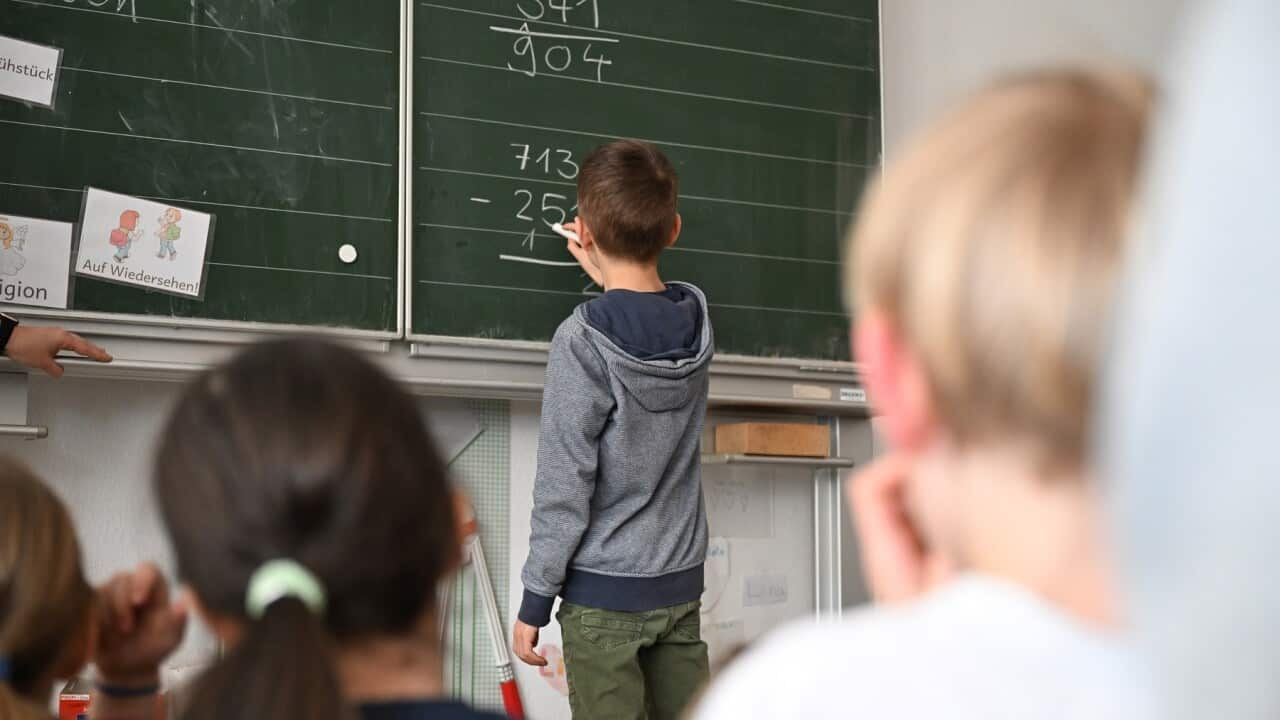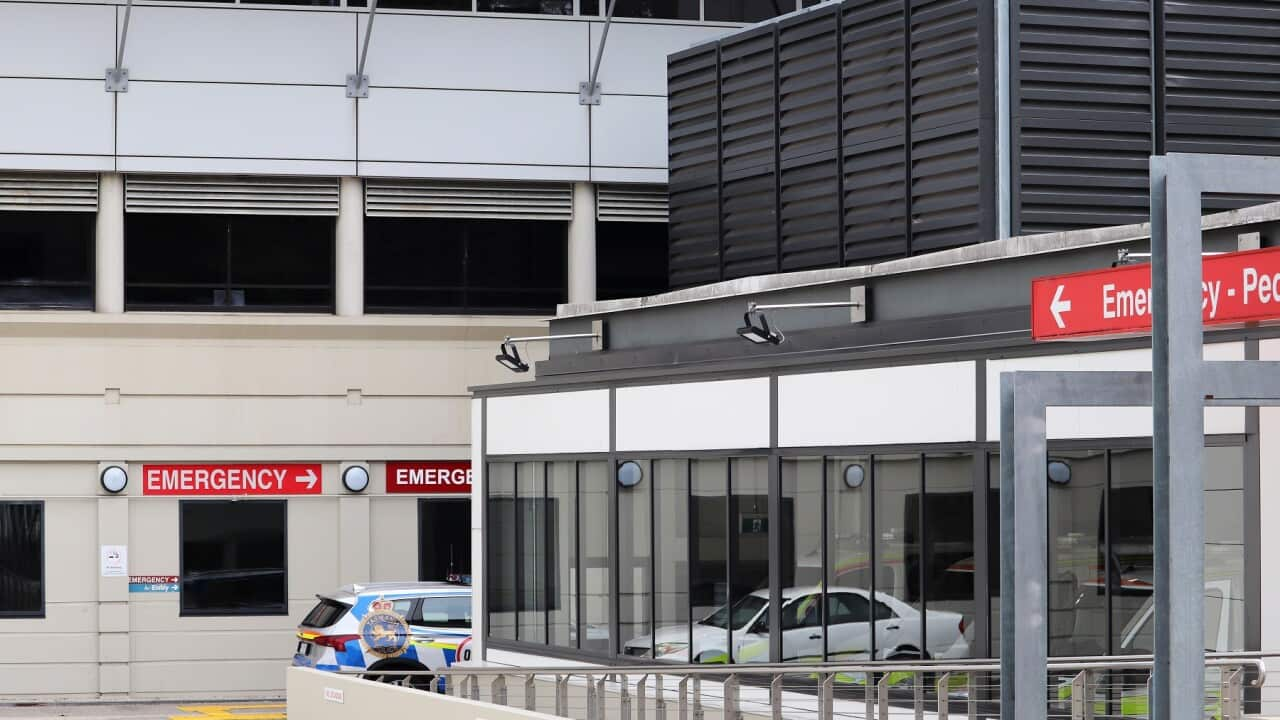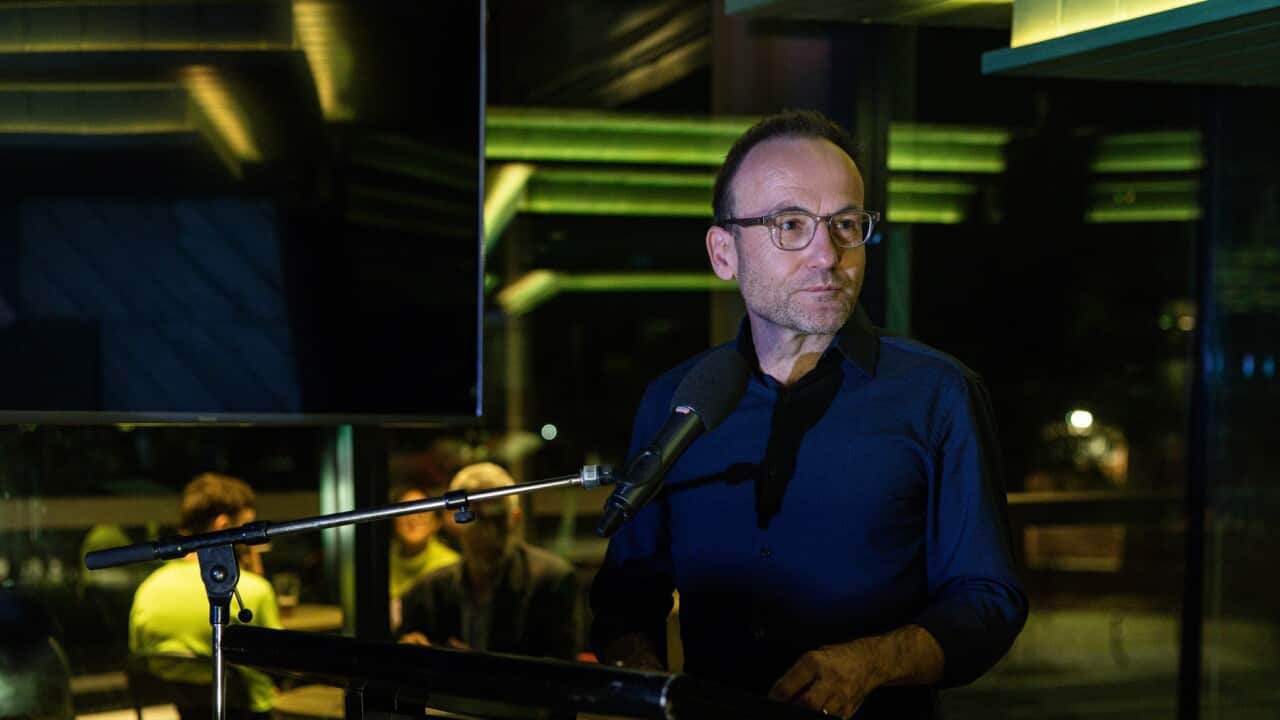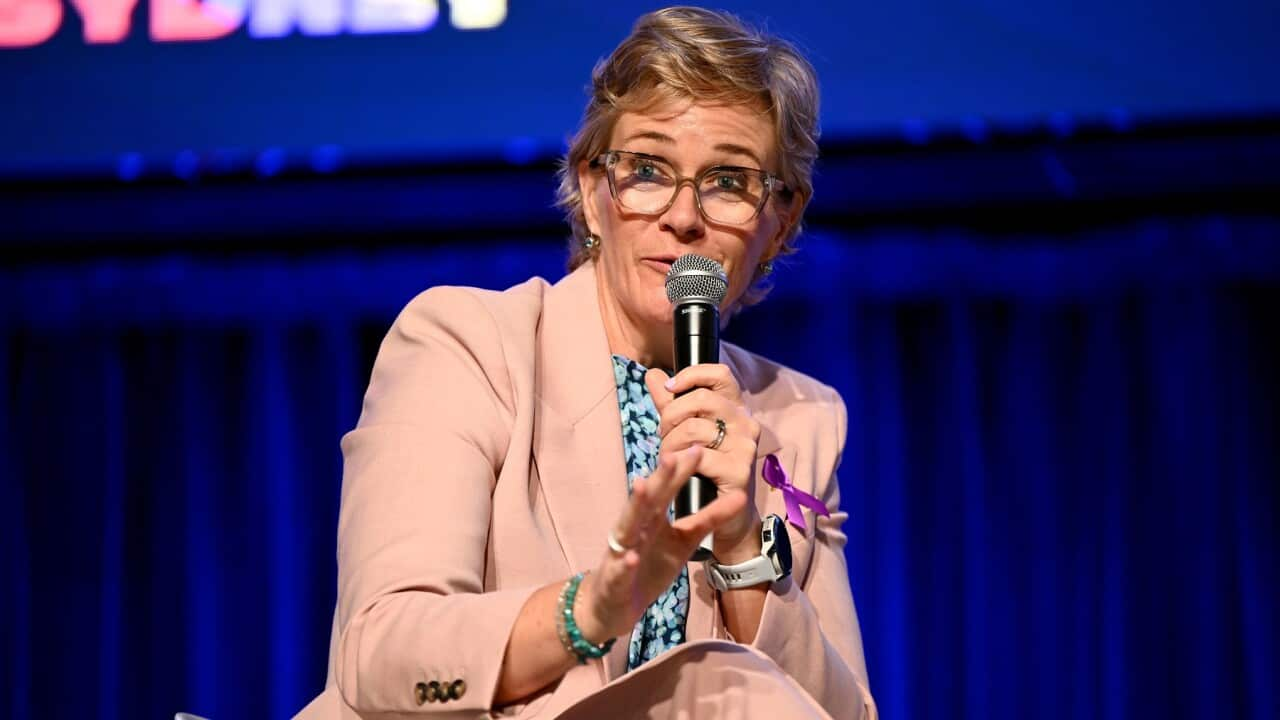TRANSCRIPT
The Grattan Institute says Australian students are falling behind in maths - one of eight key learning areas in the national curriculum.
The report found one in three students were not proficient in numeracy in 2024 NAPLAN testing.
Of the students that underwent the NAPLAN test, 36 per cent of girls were deemed not proficient, compared to 43 per cent of students whose schools were outside major cities.
Also deemed not proficient were 67 per cent of Indigenous students, and 28 per cent of students from non-English speaking backgrounds.
The Deputy Director of the Grattan Institute's Education Program, Amy Haywood says these outcomes disadvantage individual students, and society as a whole.
"So we know that costs individuals - maths is really important for everyday life, but also future careers - but it also costs us as a nation as well. When we look at what are the outcomes for students with poorer math skills, we know that they have less strong life outcomes, for instance, in employment and earnings as well. So we know that if we're not meeting that mark, and really reaching our full potential, it has a big impact on Australia's future growth."
Ms Haywood also says not enough Australian students are excelling in maths.
The report compares the results of Australian students with trends in a large-scale global assessment called the International Mathematics and Science Study.
In 2023, 13 per cent of Year 4 students were classed as excelling, and this reduced to 11 per cent for Year 8.
Those scores were above the international median of 7 per cent, but below countries including England and Singapore.
A survey conducted to inform the report found some teachers lack confidence in their ability to teach maths, as well as their colleagues'.
It's a finding that resonates with Chelsea Heights Primary School Principal, Steven Capp.
“The variation in teacher confidence in teaching mathematics and really understanding the sequencing you need from foundation to grade six, has really been a leadership challenge that we’ve had to really dig deep with some of our teachers and train them around.”
But some experts say the report doesn’t provide an accurate snapshot of primary school teachers - surveying fewer than 1,800.
Karen Yager is the President of the Australian Professional Teachers Association.
“Not even 10 per cent of teachers were sampled for the survey - particularly Tasmania is only two per cent, Northern Territory is one per cent.”
Ms Yager says school communities need more support.
“We need to look at the fact that, in regional areas and remote parts of Australia, is there enough support there for the kids and the teachers? I mean, we have a teacher shortage, we have teachers teaching out of field in mathematics. It is a real problem for this country – and this sort of report damning teachers isn’t going to help.”
Amy Haywood says the Grattan Institute is calling for an annual investment of $152 million dollar to fund a 10-year strategy that includes explicit teaching practices, primary maths master teacher roles, and special maths hubs.
“We want all state governments and systems to take that on board, otherwise unfortunately we’re committing ourselves to further mediocrity in maths.”
Federal Education Minister Jason Clare says the government has reached new funding agreements with all states and territories and this puts all public schools on a path to full and fair funding.
He adds that those agreements have targets, including to reduce the proportion of students in the NAPLAN 'needs additional support' proficiency level by 20 per cent by 2030.













